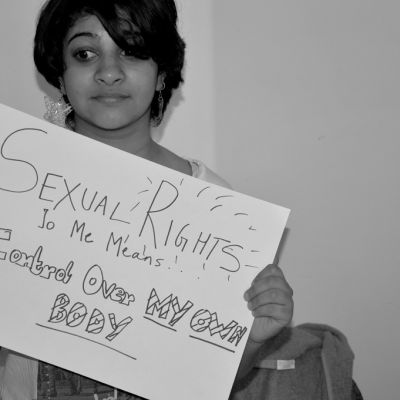Society
आज के महाराष्ट्र में महिलाओं की स्थिति और उन्नीसवीं सदी की महिलाओं की स्थिति में बहुत अंतर है और इस अंतर के लिए, आज के महाराष्ट्र के लिए, और महिलाओं की आज की बेहतर स्थिति के लिए सावित्रीबाई फुले जैसे सामाजिक कार्यकर्ताओं का योगदान अतुलनीय है। सावित्रीबाई फुले के जन्मदिवस (३ जनवरी) के अवसर पर उनके योगदान को याद करते हुए लेखक ने उन्नीसवीं सदी के महाराष्ट्र और उसकी महिलाओं की स्थिति पर प्रकाश डाला है।
It was the beginning of what has been called the Great Male Renunciation, which would see men abandon the wearing of jewellery, bright colours and ostentatious fabrics in favour of a dark, more sober, and homogeneous look. Men’s clothing no longer operated so clearly as a signifier of social class, but while these boundaries were being blurred, the differences between the sexes became more pronounced.
[slideshow_deploy id=’532′] PGs or Paying Guest accommodations are a big ‘phenomenon’ in Delhi given the number of universities and colleges…
Our sexuality is often in flux – being manoeuvred (sometimes in ways we cannot control) by the crashing waves of societal expectations, circumstances, and our own choices and experiences. But the world continues to uphold a fixed, rigid idea of sexuality, and continues to confine us within this idea, and therein lies the conflict.
I discovered the movie What Will People Say? while browsing Netflix. Growing up in a society in which people are…
Both rejections and affirmations of the couple are skewered on this doubleness: It is the fullest expression of love and proximity available to us, and it bears all the insufficiencies of present social relations. Monogamous romantic commitment, like infallible lifelong attraction to only men or only women, is surely a minority tendency expediently elevated to a general social principle.
Marriage also feels complicated when one approaches it through the lens of feminism. Marriage throws in two people and often their families into a system designed to perpetuate patriarchy, subjugate women, and bind men and women (in heteronormative marriage) into strict roles in the marriage.
Marriage also feels complicated when one approaches it through the lens of feminism. Marriage throws in two people and often their families into a system designed to perpetuate patriarchy, subjugate women, and bind men and women (in heteronormative marriage) into strict roles in the marriage.
Chandra Deo Singh, a name not necessarily familiar to many of us, spent time in prison in1945 for taking part…
So why do we have to have fixed notions of gender roles and food?
So much power and so much reach in the case of entertainment can be used as a force for good or for its opposite.











